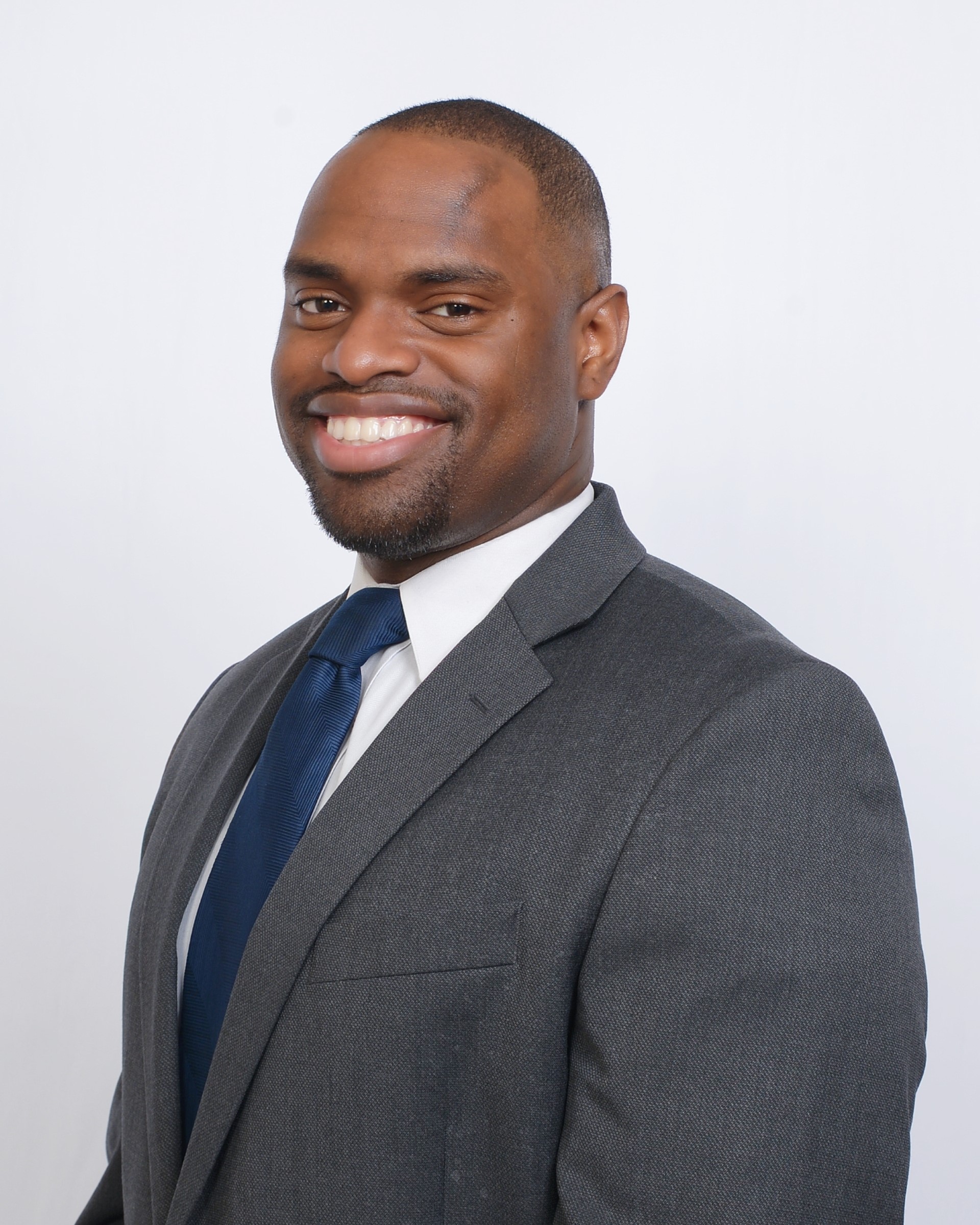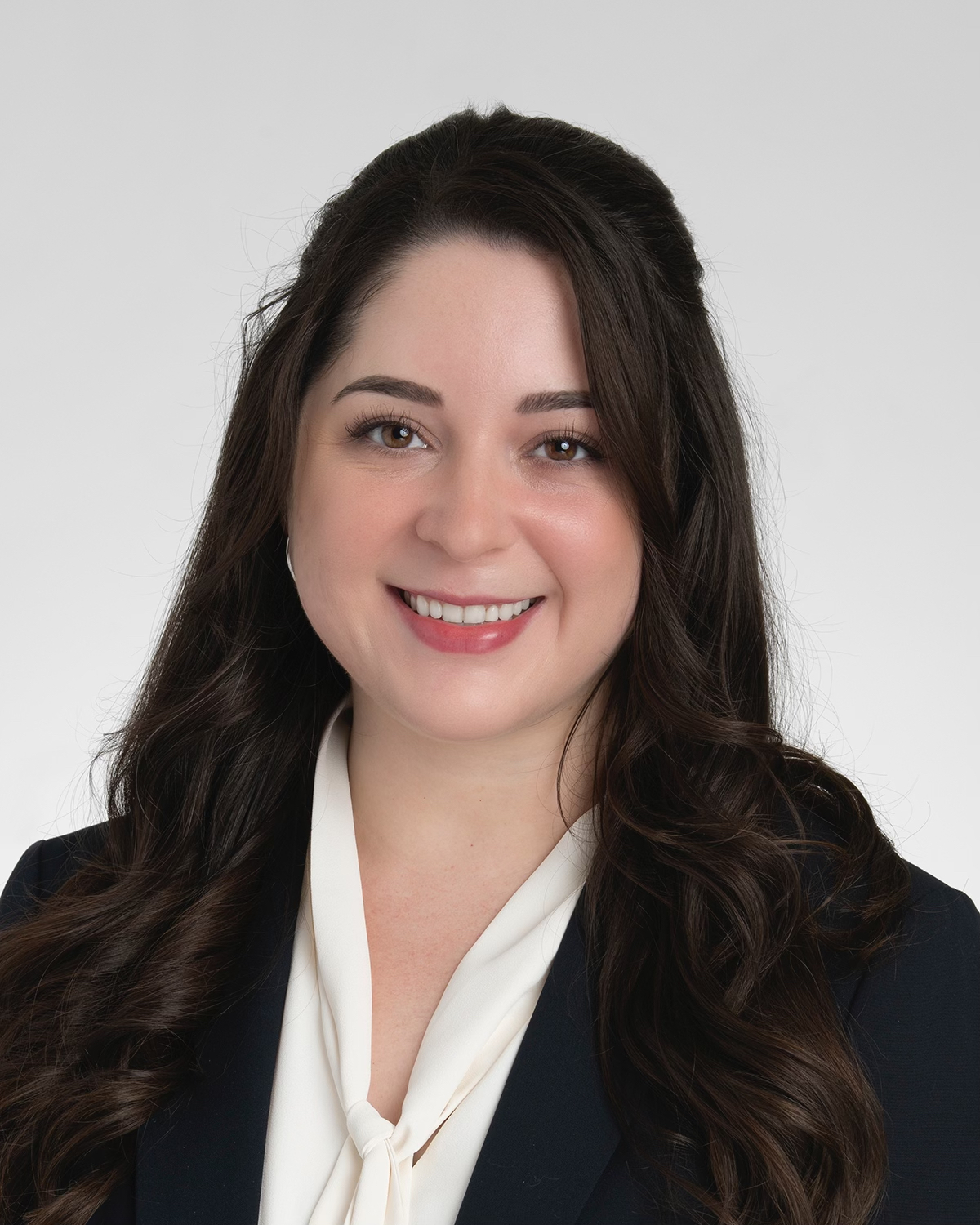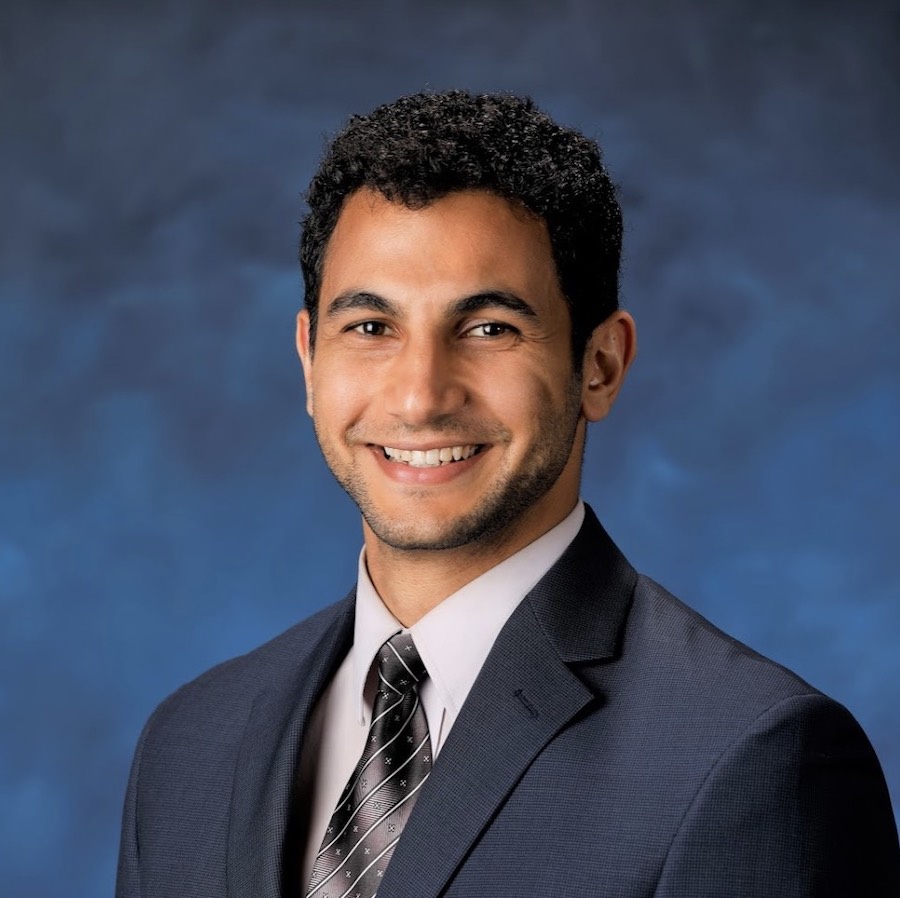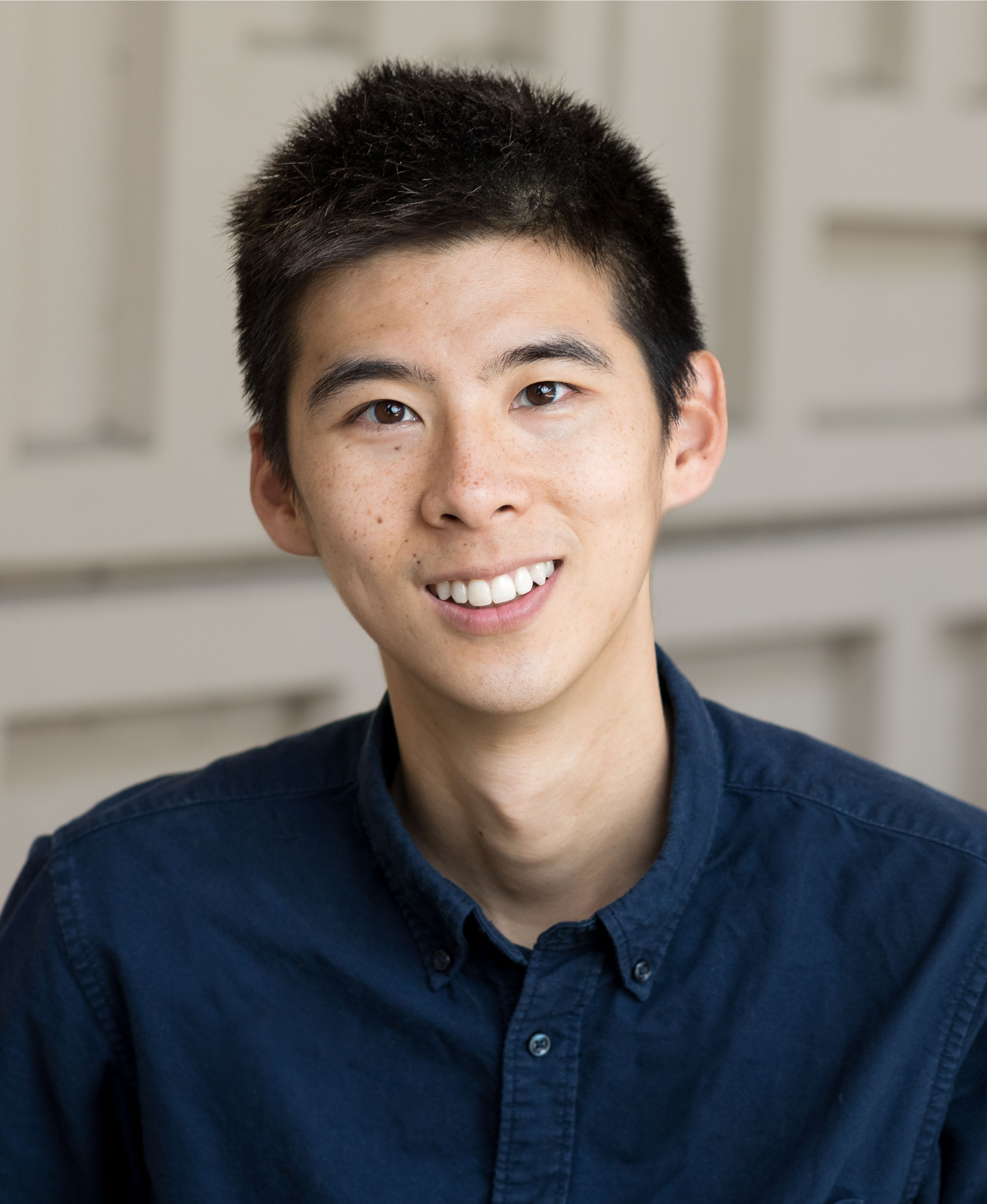The AUPO/RPB Resident and Fellow Research Forum was established through a grant provided by Research to Prevent Blindness (RPB). The AUPO believes strongly that skills learned by participating in research are an invaluable component of the education of an ophthalmologist. The establishment of the Resident and Fellow Research Forum acknowledges the importance of research in ophthalmic education and is intended to encourage the most promising house officers to pursue a career in academic ophthalmology and vision research. Through this forum AUPO promotes excellence in research by residents and fellows and identifies and supports individuals considering a career in ophthalmic research. Each year, AUPO schedules a session for the Forum as an integral part of the annual meeting. Travel-related expenses for the meeting are covered by AUPO; winners receive a cash award of $500 and a commemorative certificate.
2024 Resident and Fellow Research Forum Participants

David Camacho, BS
University of Pennsylvania
David Camacho is a fourth-year medical student at the University of Pennsylvania, Perelman School of Medicine. His undergraduate studies were completed at Oakwood University where he majored in Biomedical Sciences. Afterward, his research interest in neuroscience was solidified as he completed an NIH internship at the University of Massachusetts, Amherst studying the activation phenomenon in neural protein biochemistry. He chose to complete his medical studies at the University of Pennsylvania after he was selected as a Perelman Scholar in 2019. Melding his research interests with ophthalmology, he pursued a year of research under the Jeffrey W. Berger Medical Student Research Award in gene therapy and stem cell differentiation. During this year, he turned his efforts towards the lack of curative therapies in optic neuropathies. Under the guidance of Dr. Ahmara G. Ross and Dr. Kenneth S. Shindler, he aided the development of a novel gene therapy, SIRT1, targeted towards glaucoma, optic neuritis, and traumatic optic neuropathy. He also expanded upon a newly developed differentiation protocol for generating retinal ganglion cells (RGCs) to address the deficit in high-fidelity in vitro modeling of these cells. He has been able to combine these efforts to provide the first evidence of the efficacy of SIRT1 gene therapy in human cells and establish a high-throughput system for testing future gene therapies on RGCs. He is excited to continue his academic career development with ophthalmology residency training and further define his research field.

Christie Campla, PHD
Case Western Reserve University
Christie Campla is a final-year medical student at the Cleveland Clinic Lerner College of Medicine (CCLCM) at Case Western Reserve University. Christie attended the University of South Florida, where she completed a BA in Spanish and BS in Cell and Molecular Biology as a First Generation Holcombe Scholar and Goldwater Scholar. She then earned a PhD (DPhil) from the University of Oxford as part of the NIH Oxford-Cambridge Scholars Program. Her thesis work investigating photoreceptor differentiation and maturation bridged labs between the University of Oxford and the National Eye Institute under the supervision of Drs. Anand Swaroop, Stephanie Halford, and Sumathi Sekaran. Christie continued postdoctoral training at the NEI investigating the dark adaptive response of rod photoreceptors before obtaining competitive NIH Track-3 MSTP support to pursue an MD at CCLCM, a 5-year MD program geared towards training physician-scientists. For her research thesis at CCLCM, Christie characterized small molecules for hepatic HIF (hypoxia inducible factor) stabilization for the prevention of retinopathy of prematurity at the Cole Eye Institute with Dr. Jonathan Sears. Christie plans to pursue residency training in ophthalmology, and aspires to conduct translational research on retina function and disease while also providing patient care as a physician-scientist.

Rami Gabriel, MD
Duke University
Rami Gabriel is a resident in the Department of Ophthalmology at Duke University. Dr. Gabriel's journey is marked by exemplary mentors and role models, inspiring him to bridge the gap between bench and bedside. His first work in translational efforts was at his medical school, UC Irvine, where his team won first place for an AI competition by creating an app focused on glaucoma detection. Kindling his desire to make impactful changes, Dr. Gabriel's latest work focuses on drug-eluting hydrogels and has patent pending applications for their use in glaucoma tubes. His interests in materials science have continued and he has new projects in simulating ocular tissue for training the next generation of ophthalmologists. Recognitions like the Machemer Research Award, Ocular Innovation Award, Medical Education and Leadership Track, and the Golden Apple Teaching Award given at Duke underscore his dedication to giving back to the profession. He has aspirations to delve deeper into academia and is driven by his sense of gratitude and a desire to work in a harmonious blend of innovation and mentorship. His hobbies include skateboarding, first-person-view drone flying, and 3D printing.

Sean Wang, MD
Stanford University
Sean Wang is an ophthalmology resident at the Byers Eye Institute at Stanford. He grew up in a combination of Memphis, Chicago, St. Louis, and Los Angeles and attended Stanford University, where he trained with stem cell pioneer Dr. Irv Weissman. During his MD at Harvard Medical School, he was a Howard Hughes Medical Research Fellow with Dr. Connie Cepko and worked to develop new gene therapy approaches for retinal degeneration. He is currently a postdoctoral fellow with Dr. Howard Chang concentrating on ocular genomics and RNA therapeutics as part of the Stanford Ophthalmology Advanced Research (SOAR) residency program.
Sean has co-authored over 30 peer-reviewed papers, including in Nature, Nature Biotechnology, Cell Genomics, and Science Translational Medicine, and among other honors has been named a STAT Wunderkind and to Forbes 30 Under 30 in Healthcare. He aspires to be a physician-scientist in ophthalmology who leads a research laboratory focused on creating genetic medicines for the eye. By studying the genetic basis of eye diseases and engineering improved tools for gene therapy and editing, he hopes to develop better treatments for sight-threatening conditions and ultimately improve the lives of patients.
Additional Information
Eligibility
Nominees for the Resident and Fellow Research Forum must fulfill the following criteria:
- Ophthalmology residents in accredited programs in the United States or Canada or clinical fellows in AUPO FCC compliant or ASOPRS programs carrying out research on a full or part time basis. Medical students doing a full year of research are also eligible.
- Research content should reflect ongoing or very recent research that has not yet been published or accepted for publication at the time of submission
- Applications across the full spectrum of ophthalmic diseases are encouraged
- A winning presenter is eligible to present only once at an AUPO annual meeting
Nominations
- Candidates must be nominated by their Department Chair
- The Application Packet must include the following items (10 pt. font or greater):
- A letter (not to exceed two pages) from the Chair summarizing the Nominee’s special qualifications for the Award and verifying
- the percent of ‘hands-on’ effort by the candidate described in the abstract
- the cash prize will be awarded directly to the Awardee and not counted against normal compensation or deposited in department accounts
- the Awardee will attend the AUPO Annual Meeting to receive the award and will be accompanied by the Chair or an Associate Member from their department
- One-page curriculum vitae
- Abstract of research carried out by candidate
- abstracts should indicate the percent of “hands-on” effort of the work performed by the candidate
- abstracts should be in ARVO format
- the introduction should contain a single sentence statement of the hypothesis
- the conclusion should contain a single sentence statement of the relevance of the work to the prevention of blindness (why the study is therefore important)
- A letter (not to exceed two pages) from the Chair summarizing the Nominee’s special qualifications for the Award and verifying
- No candidate may submit more than one abstract, although there is no limit to the number of abstracts that may be submitted from any department. In general, there should be only one submission from the laboratory or program of an individual scientific faculty preceptor.
The completed application packet must be compiled by the Department Chair and submitted electronically by September 15.
Selection Process
- All applications will be reviewed by a Selection Committee, consisting of Chairs and Directors of Research from Departments of Ophthalmology.
- The four successful candidates will be notified in October.